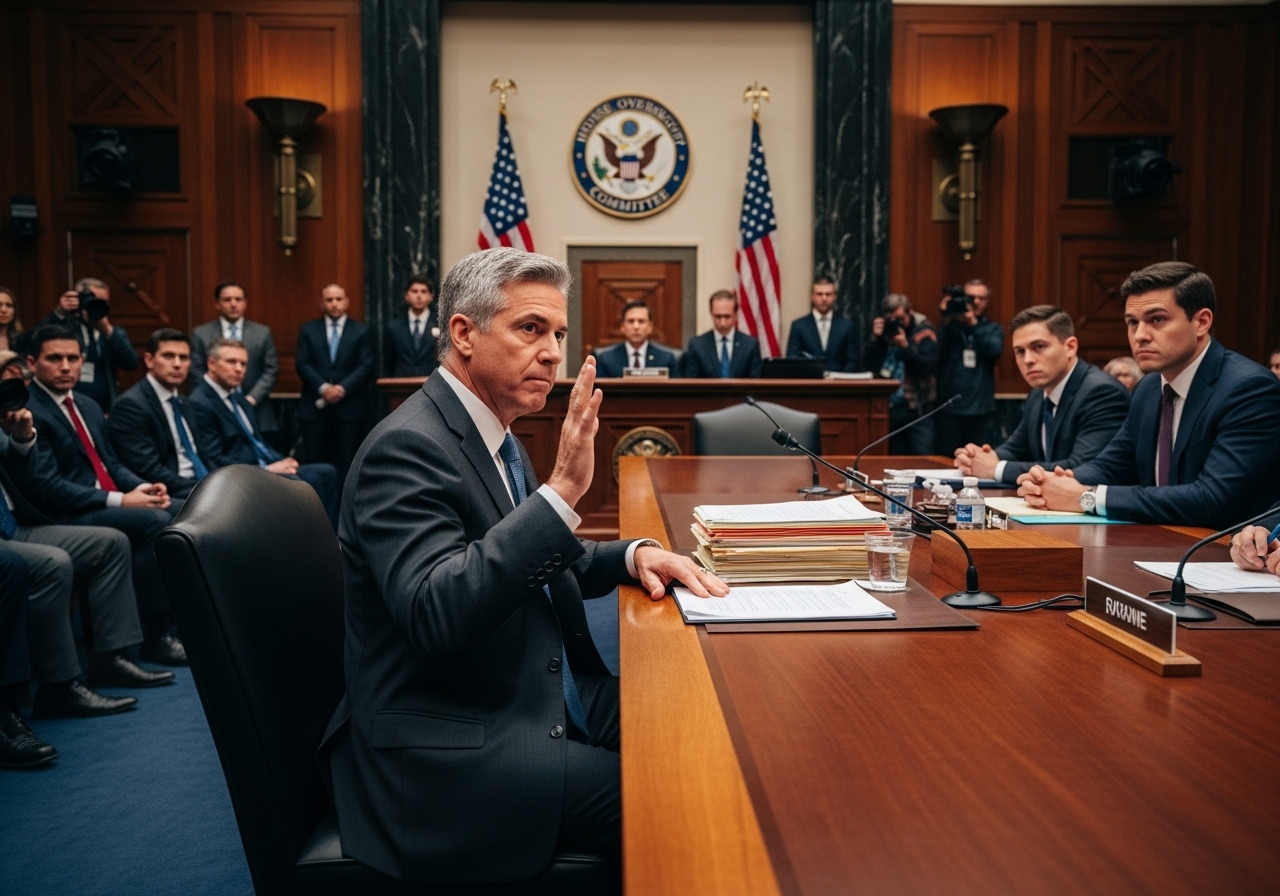Europe has declared war on the First Amendment, determined to stomp on the vibrant marketplace of ideas that distinguishes American culture. They are supported by senior law enforcement officials, prosecutors, public figures, and even journalists.
The main goal of this endeavor is to make X restrict political speech that European officials consider unacceptable. This follows recent riots in the United Kingdom and the publication of divisive remarks on X. In response to these posts, English prosecutors have successfully prosecuted many people. The prosecution has garnered substantial support from British Prime Minister Keir Starmer. To be clear, in the absence of a clear purpose for likely and impending unlawful behavior, the X postings that resulted in these convictions would not have met American standards for criminality.
That gets right to the core of the issue. In England, however, arresting Britons for posting illegal content is one thing. Using the same dragnet to target Americans is a whole different story. And this is precisely what’s happening.
Consider the recent remarks made by the chief of London’s Metropolitan Police, who is in charge of overseeing national security-related law enforcement throughout the United Kingdom. For posting X things that he finds objectionable, Sir Mark Rowley has threatened to arrest people outside of the United Kingdom. In response to a query from the media on the possibility of arrest for “people like Elon Musk,” Rowley stated, “Being a keyboard warrior does not keep you immune from the law… And we will pursue you, whether you are committing crimes on the streets of our country or abroad over the internet.
This rhetoric conveys a threat to detain American citizens for exercising their right to free speech within the nation. Conversely, Rowley’s remarks unquestionably pose an intolerable risk to Americans’ civil liberties. This danger bears a resemblance to the one that first ignited America’s progress. Just the fear alone could make Americans less inclined to express themselves freely within their own nation. Nevertheless, the United States might easily crush Rowley’s hopes by threatening to withhold U.S.-United Kingdom intelligence and security cooperation in the event of such an arrest.
However, Rowley is by no means the only up-and-coming opponent of the First Amendment. Another influential person, just over the English Channel, is demanding action against Americans.
The internal market commissioner for the European Union is Thierry Breton. Breton personifies the sloppiness of anti-Americanism that enlivens the French elites as he assists in waging the EU’s protectionist extortion campaign against American technological corporations.
On Monday, Breton issued a rigorous warning to Musk, demanding that he implement “all proportionate and effective mitigation measures regarding the amplification of harmful content in connection with current events, including live streaming, which, if not dealt with, might increase the risk profile of X and generate detrimental problems for civic discourse and public security.” Furthermore, according to Breton, “all EU users’ access to X’s material and moderating of the whole user community are subject to equal treatment under EU law.”
It was obvious that Breton was referring to Musk’s X interview with Republican presidential frontrunner Donald Trump on Monday when he made the allusion to “live streaming.” In light of this, it’s important to observe Breton’s unrestrained mockery of the American political system. It also tells us that the EU commissioner insisted that Musk and X follow EU law even before a live interview. Breton was basically warning Musk to moderate his conversation with Trump in order to comply with EU regulations. In other words, an EU politician cautioned two Americans, who were discussing American political concerns on American territory prior to a US presidential election, to refrain from making any statements until they were confident.
Declaring just that it was regrettable that Russia kept journalist Evan Gershkovich for over eighteen months is equivalent to declaring that this foreign effort for the forceful censorship of Americans is unacceptable. This is not difficult. Threats to arrest Americans for making authorized speech on American soil have come from, at the very least, relatively close foreign friends. It is the authority of the EU and the UK to impose domestic access restrictions on X due to material that they deem objectionable. However, it is also within the rights of American CEOs, like Musk, to implement their own rules on their own platforms. The EU and the UK may outlaw X if they’re still determined to get their way.
The censors are aware that the large number of X users in their nations may not be supportive of such an extreme line of action. If this were to happen, there may be a chance of populism becoming even more alienated from political elites. It is indisputable that this populist mentality is already veering toward radicalism. Recent riots in the United Kingdom, the far-right’s victory in Germany, and the far-right’s near-victory in the June EU elections all served as evidence.
In any case, the American people as a whole and the government must continue to defend our most revered ideal—the right of every individual to express oneself freely on issues of significant public concern.
Foreign diplomats should face swift and severe repercussions if they attempt to contest that prerogative.






